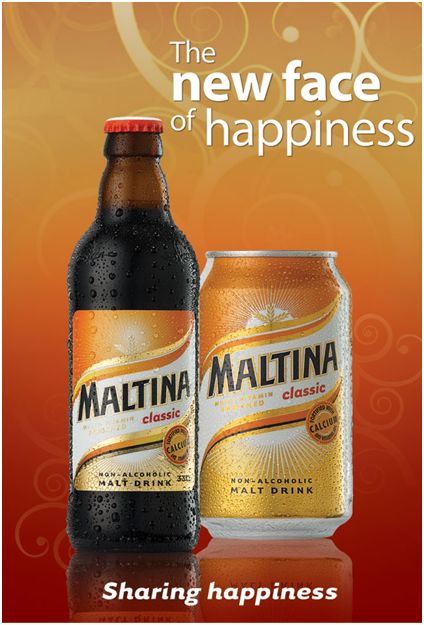Lagos Nigeria’s Leading Supplier of Food & Beverages
Lagos Nigeria’s Leading Supplier of Food & Beverages
Nigeria is one of the fastest growing economies in the world, and demand for food and beverages is expected to continue to grow over the next few years. The Nigerian economy has grown from $117 billion in 2013 to $202 billion in 2018, with a projected growth of 6% per annum over the next three years. It is estimated that by 2023 Nigeria will reach a total gross domestic product (GDP) of $450 billion. With an expanding middle class, this represents a huge opportunity for businesses operating in the food and beverage sector.
The Nigerian consumer: A brief introduction
The Nigerian consumer is a highly sophisticated buyer with rising disposable incomes, growing aspirations and increased awareness. While the market has historically been dominated by the youth, the middle-aged professional segment is now the largest purchasing group. With more women in the workplace than ever before, convenience is a key factor in purchasing decisions. The Nigerian consumer is also highly brand-loyal and will often purchase the same brands as their families and friends despite the fact that product quality may be a different across different markets.
Food and beverage market in Nigeria
The Nigerian food and beverage (F&B) market is expected to grow from $28 billion in 2018 to $40 billion by 2023, representing a Compound Annual Growth Rate (CAGR) of 9.4%. The country’s F&B sector is dominated by a few large players, including Nigerian Breweries, Heineken and Coca-Cola, who have been in the market for decades. Smaller players also exist, however, such as Tropical Drinks, a manufacturer of iced tea, juice and energy drinks. The Nigerian food and beverage market is highly fragmented and there is significant room for growth. Nigeria is a largely untapped market with significant potential for growth and expansion, and despite the presence of large multinational companies, there is still ample opportunity for entrepreneurs to enter the market and take a share of the profits.
Opportunities for food and beverage businesses
Key opportunities for food and beverage businesses in Nigeria include: – Growing consumer awareness of health and wellness products, including the benefits of CBD-oil (cannabidiol) and the rise in popularity of probiotics – Growing consumer disposable income – – Continued increase in the number of middle-class households – The rising popularity of Western-style foods and beverages such as coffee, sandwiches, salad and sandwiches – The increasing number of entrepreneurs and start-up businesses – – Increased competition from international brands looking to enter the Nigerian market as part-ownership by foreign investors becomes increasingly common
Food manufacturing in Nigeria: Current state
In terms of food manufacturing in Nigeria, the manufacturing sector accounts for 25% of the country’s GDP, and processed foods comprise approximately 22% of all Nigerian food consumption. Nevertheless, the current state of the food and beverage industry in Nigeria is particularly challenging. There are a number of factors that are currently challenging food manufacturers in Nigeria, including: – Lack of infrastructure and resources – – Low tariffs on imported goods, making local products less competitive – – The prevalence of unsafe working conditions, particularly in smaller industries – – The high cost of doing business in Nigeria, including a complex tax system and a considerable investment required to set up and operate a factory
Challenges faced by F&B businesses in Nigeria
The challenges that food and beverage businesses in Nigeria currently face include: – The risk of contamination in imported ingredients – – The lack of availability of skilled staff, particularly in technical areas such as R&D, quality control and engineering – – The high cost of energy – – The cost of transportation and distribution –
Conclusion
Nigeria’s economy is growing at a fast rate and there is a huge demand for food and beverages. Food and beverage businesses can take advantage of this growth and increase their profits by producing their products locally and serving their customers better. However, before doing so, businesses must be aware of the challenges they face and work to overcome them.








LEAVE A COMMENT
You must be logged in to post a comment.